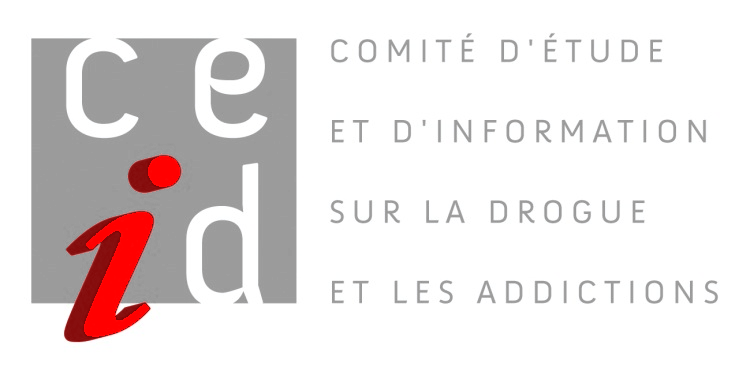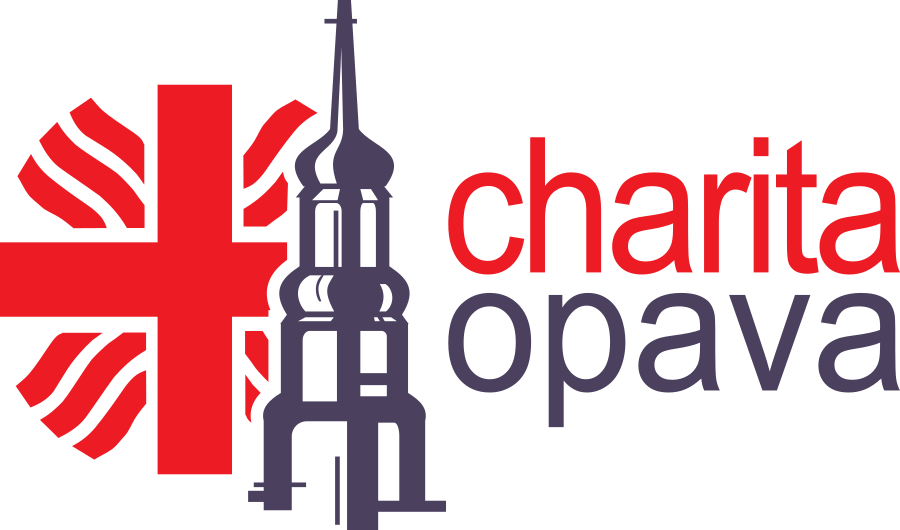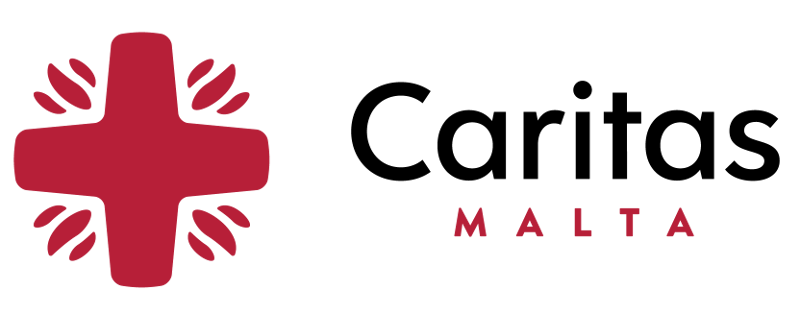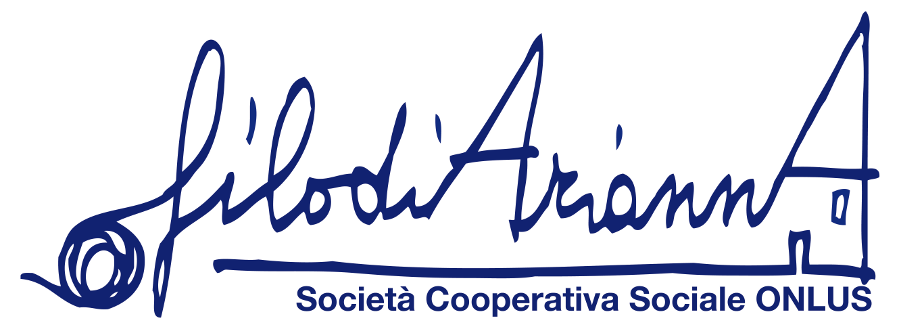






The committee for studies and information on drugs and addictions (CEID – Addictions) is an association founded in 1972 in Bordeaux (under the French law of 1901). The key objective is to receive and to care for people with problems related to substance abuse (drugs, alcohol…) or to other addictive behaviors (gambling…). In order to do so, the association is financed by the health insurance (l’Assurance Maladie), controlled by l’ARS Nouvelle-Aquitaine (the Regional Health Authorities of Nouvelle-Aquitaine). The CEID is responsible for inpatient (residential facilities) and outpatient treatment centers focusing on the care and the prevention of addictions (Centre de soins d’Accompagnement et de Prévention – CSAPA, CTR and CT), as well as reception centers and support for risk reduction for drug users (CAARUD). Services provided in these programs:

Charity Opava was founded in autumn 1989 as a voluntary group, which decided to help people in crisis and this help was based on Christian principles. Today, Charity Opava is a religious nonprofit legal entity and its mission is professional providing services to physically and socially disadvantaged people and employing people with problems on labour market.
Among the principal activities of Charita Opava belong establishment and operation of charitable service, housing services, institutes, medical facilities, social services, services to support families and other services or facilities, organizing collections and humanitarian actions to help the needy at home and abroad, employment services and education.
As a secondary activity there are business activities stablished solely to support nonprofit charities.
Charity Opava provides 10 registered social services, 2 medical (health care) centres, 3 sheltered workshops and employes more than 250 employees and more that 50% of employees are disadvantaged people.
Charity Opava tries to provide the most comprehensive range of services. That is the reason why apart from the emloyment Charity Opava helps to disabled people with accommodation, by means of providing sheltered housing for visually and mentally disabled people, with the solutions in difficult life situations and in crisis by running a Crisis center and social counseling and Charity Opava also provides people with help and social services that lead to their independence and integration into society and everyday life.

Caritas Malta was founded in 1968 and developed into a Church Secretariat for Social and Charitable Action in 1977 to co-ordinate and develop socio-pastoral work within the Diocese.
In 1989, Caritas Malta pioneered the first ever drug rehabilitation services in Malta, opening residential rehabilitation centres to meet the needs of the population.
Nowadays, Caritas Malta employs 80 staff members and has more than 120 volunteers that operate the following services that address various social needs:
The drug rehabilitation services offered by Caritas Malta are the organisations major operations. In fact, out of a workforce of 80 employees, 57 work within the rehabilitation units. Out of these 57 staff members, 24 are ex-drug users who did the drug rehab program themselves, and are now employed with the organisation after satisfying a number of criteria.

Member of the Consorzio Farsi Prossimo (a consortium involving 11 social cooperatives). Its aim is promoting social integration of vulnerable people through social, health and educational services. Since 1999 it has been managing social-health services for care and the rehabilitation of people with mental diseases, people living with HIV/AIDS (PLWHA) and elderly. It collaborates tightly with Caritas Ambrosiana reading the emerging needs of the territory, developing innovative answers tothe needs of patients and their families, supporting public bodies in the provision of professional services and involving and training the volunteers engaged by the Parishes and Caritas in activities in favor of people in need. With regard to mental health, it manages several residential and care services for adults with mental diseases. Also, between 2015 and 2016, the cooperative addressed the challenge of the lack of supporting and accompaniment services for minors with mental diseases in the area of Milano and it engaged in the domain of the child neuropsychiatry with innovative educational services. On average, every year the cooperative assists, take care of and accompanies about 60 adults and 95 teenagers with mental diseases.

MONAR is a non-governmental organization that helps people in difficult life circumstances and who may be socially excluded, are homeless, living with HIV/AIDS or addicted to drug and/or alcohol. The organization was founded by the Polish humanist and psychologist Marek Kotanski in 1978. MONAR is not based on any specific political or religious ideas, but on universal values such as goodness, justice, love, respect for others and for oneself. The organization operates in accordance with the ethical code and good practice standards adopted by similar organizations around the world. Today MONAR is one of the biggest organizations in Europe working in this field and every year it serves more than 30,000 persons in Poland. We use the therapetic community method in our work in over 120 facilities focused on: therapeutic work for people addicted to drugs and/or alcohol (including dual diagnosis, homeless people, singlemothers with children, elderly people and people living with HIV and AIDS. Treatment and rehabilitation for drug-dependent people – since 1978 MONAR has worked actively tomake drug-dependent people drug-free. Drug addicts are offered counselling, individual and group therapy, detoxification and residential and outpatient care. Specialists assistance is offered to the families of drug addicts and MONAR also runs programs in prisons (in drug-free zones) thus facilitating a continuity of care for participants of rehabilitation programs.

The Landes-Caritasverband Bayern (LCV) is the association of all Caritas organisations in Bavaria. Caritas is the social service organisation of the Catholic Church. In Germany Caritas is a key stakeholder in the non-statutory social welfare system and an important provider of social services. The LCV exits since 1917 and is located in Munich (Germany). About 30 employees provide coordinating, lobbying, supporting and training services to all Caritas organisations in Bavaria for the diverse fields of social services: services for seniors, migration/integration services, services for people with disabilities, services for unemployed people, children and youth services, early childhood education, European issues, etc. As umbrella organisation the LCV is responsible for the coordination of Caritas activities, for information and counseling of its member organisations with regard to professional, organisational and economical questions, for quality assurance and quality development issues, for the representation towards churches, economy, politics and society, and for political lobbying. The LCV represents more than 6.000 services and about 80.000 professional staff members in Bavaria. About one million clients are served per year by Caritas in Bavaria. For further information please refer to www.caritas-bayern.de.